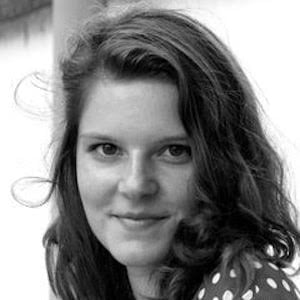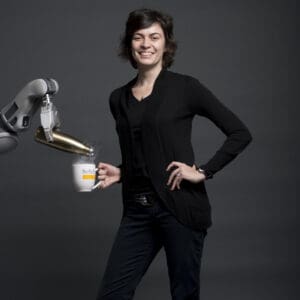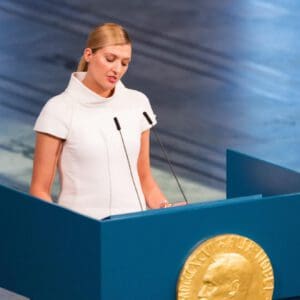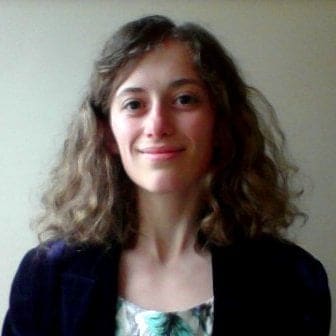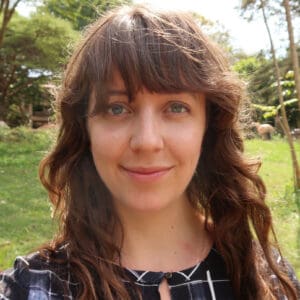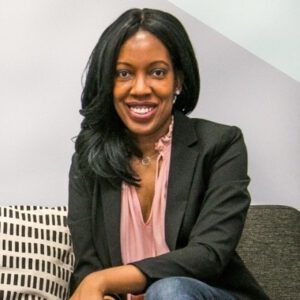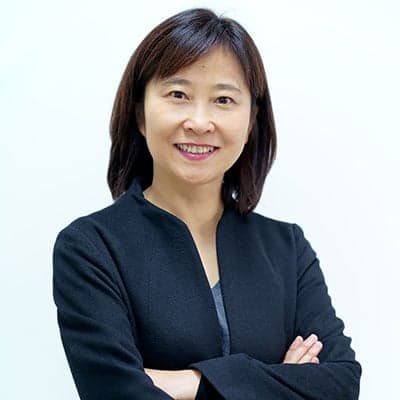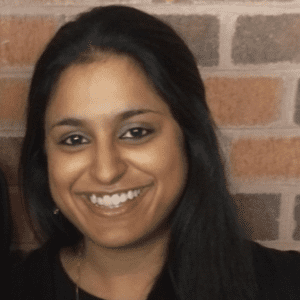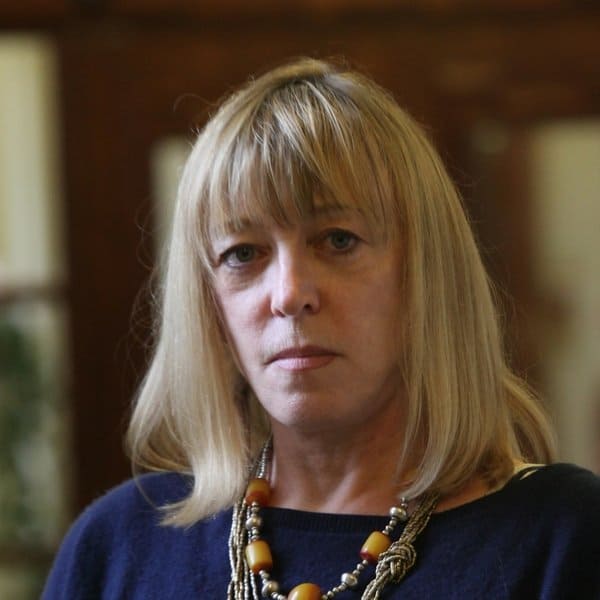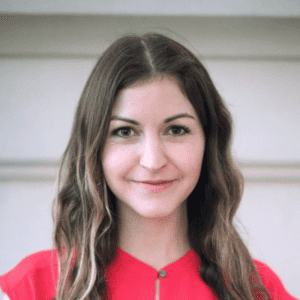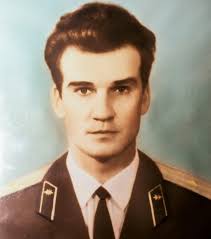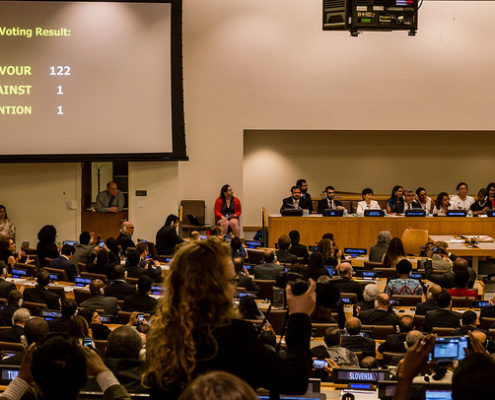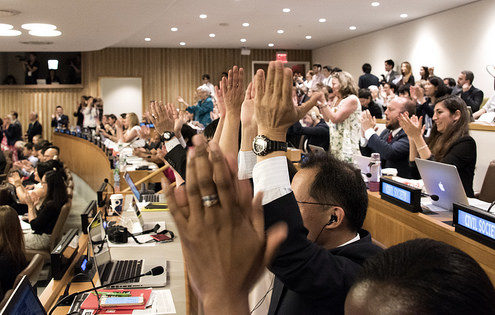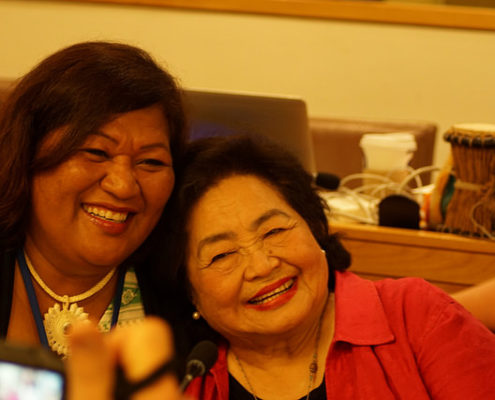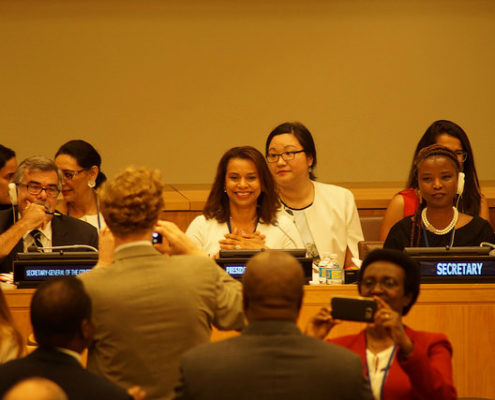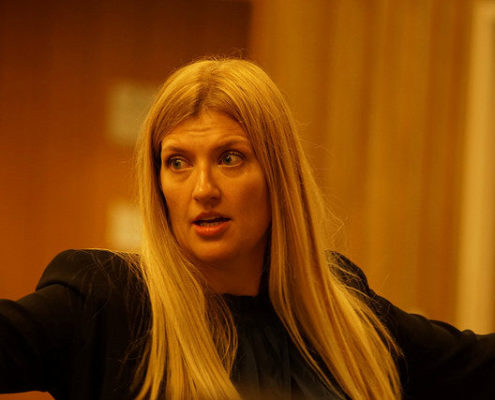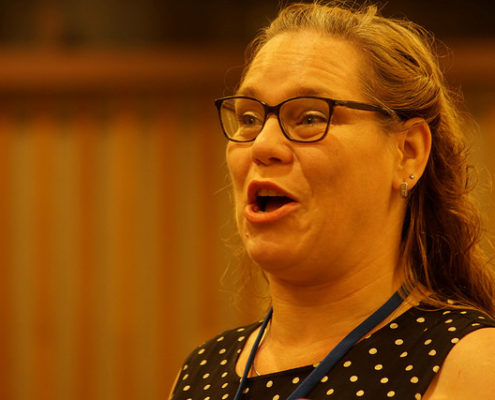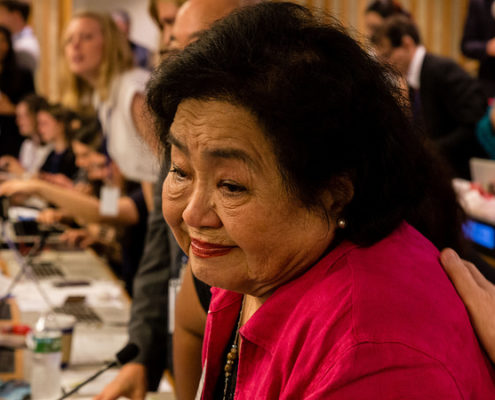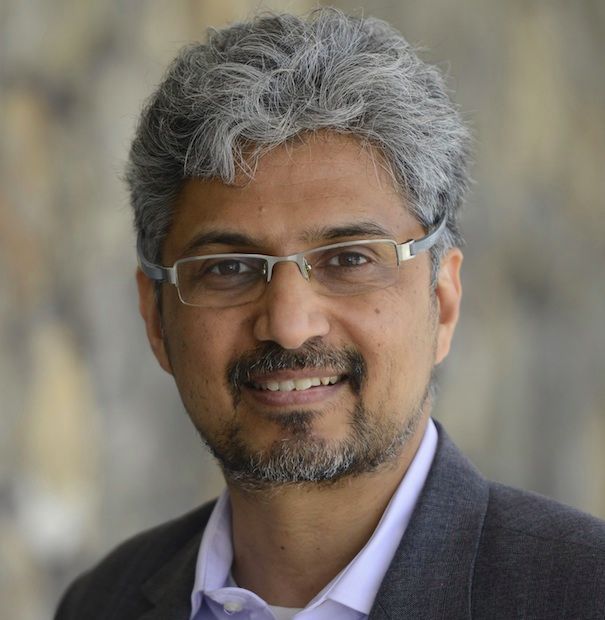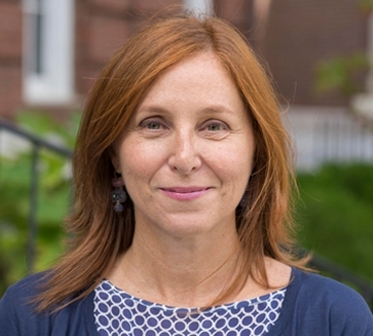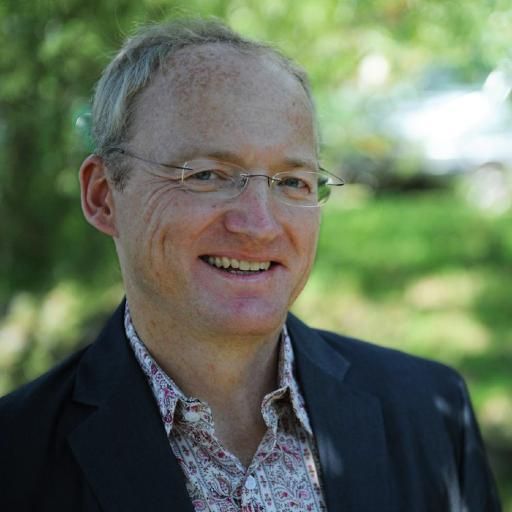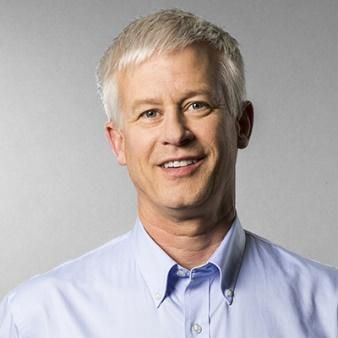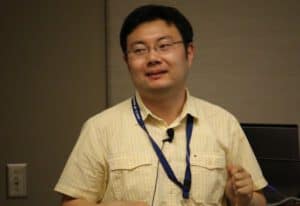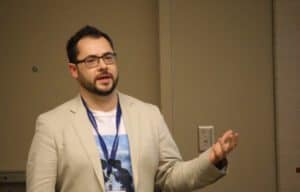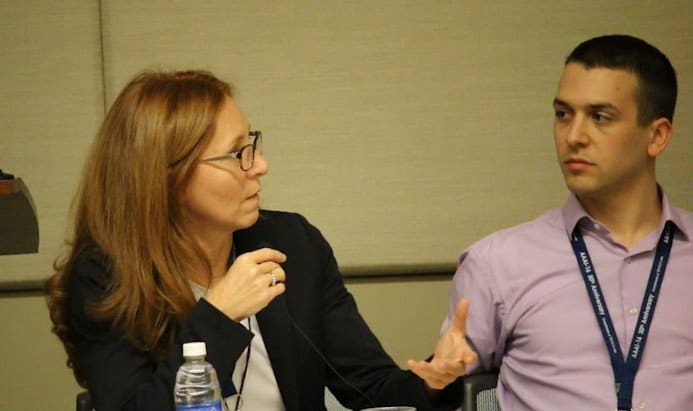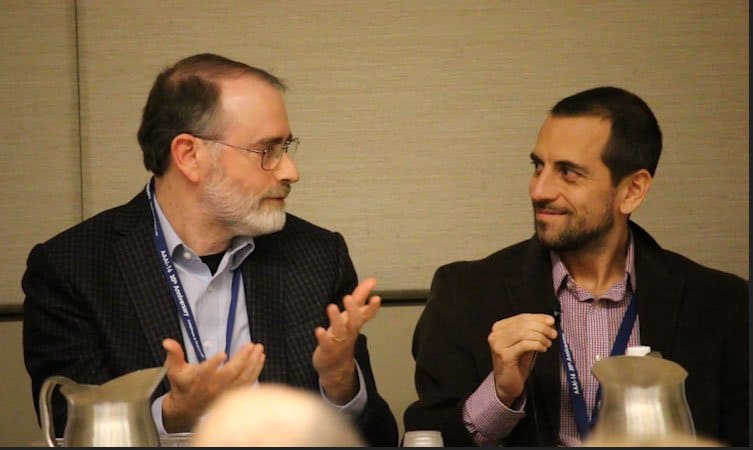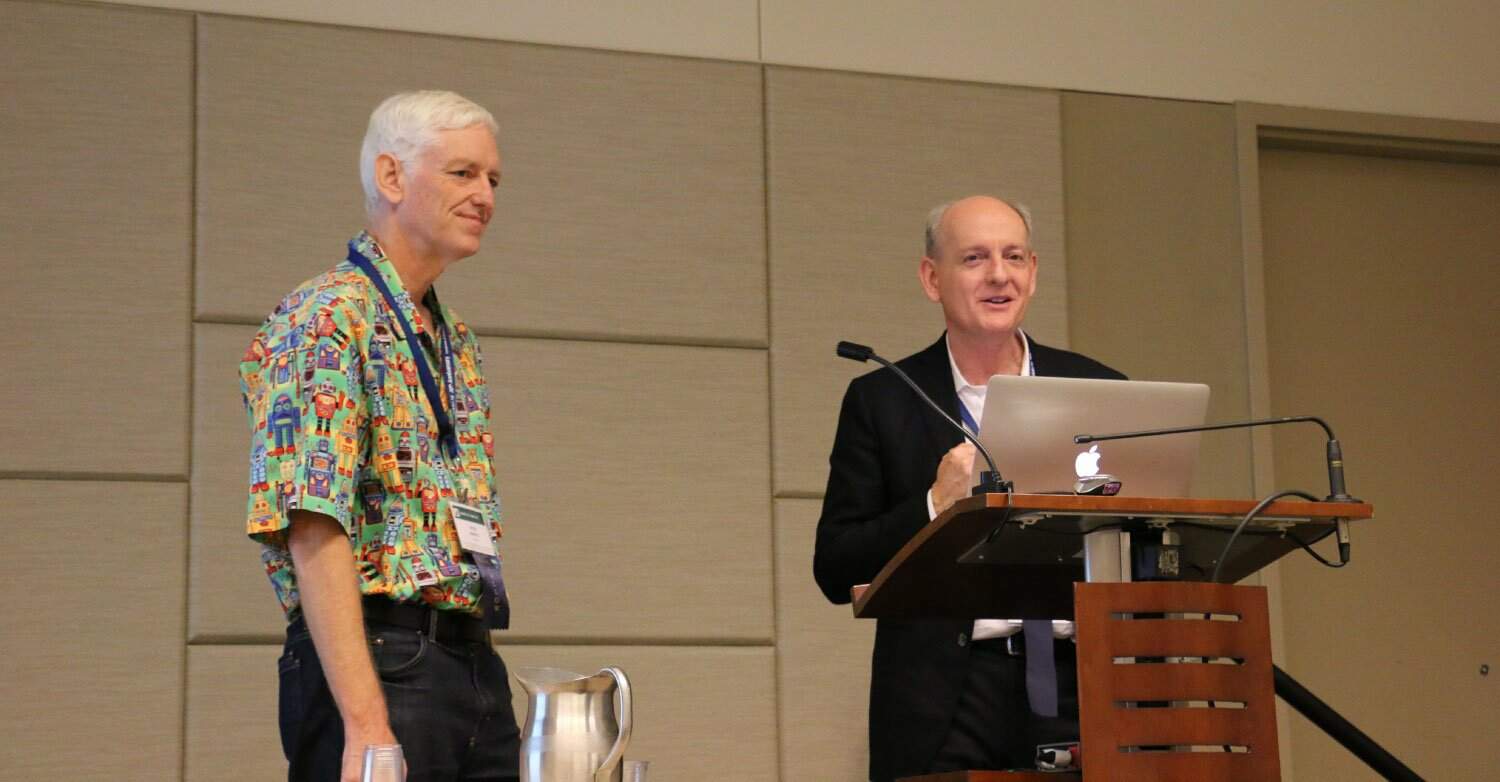Not Cool: A Climate Podcast
FLI is excited to announce the latest in our podcast line-up: Not Cool: A Climate Podcast! In this new series, hosted by Ariel Conn, we’ll hear directly from climate experts from around the world, as they answer every question we can think of about the climate crisis. And we’ve launched it just in time for the United Nations Climate Action Summit, which begins on September 23.
You can listen to the short trailer above that highlights what we’ll be covering in the coming months, or read the transcript below. And of course you can jump right in to the first episode — all podcasts for this series can be found at futureoflife.org/notcool. You can also always listen to all FLI podcasts on any of your favorite podcast platforms just by searching for “Future of Life Institute.” The Not Cool podcasts are all there, and we’ll be releasing new episodes every Tuesday and Thursday for at least the next couple of months. We hope these interviews will help you better understand the science and policies behind the climate crisis and what we can all do to prevent the worst effects of climate change.
We want to make sure we get your questions answered too! If you haven’t had a chance to fill out our survey about what you want to learn about climate change, please consider doing so now, and let us know what you’d like to learn.
Transcript
This is really the issue of our times, and our children and grandchildren will not forgive us if we don’t contain this problem.
~Jessica Troni, Senior Programme Officer, UN Environment-Global Environment Facility Climate Change Adaptation portfolio.
Climate change, to state the obvious, is a huge and complicated problem. The crisis is a problem so big it’s being studied by people with PhDs in meteorology, geology, physics, chemistry, psychology, economics, political science, and more. It’s a problem that needs to be tackled at every level, from individual action to international cooperation. It’s a problem that seems daunting, to say the least. Yet it’s a problem that must be solved. And that’s where hope lies. You see, as far as existential threats to humanity go, climate change stands out as being particularly solvable. Challenging? Yes. But not impossible.
The trends are bad. I will quote René Dubos who said, however, “Trends are not destiny.” So the trends are bad, but we can change the trends.
~Suzanne Jones, Mayor, Boulder CO // Executive Director, Eco-Cycle
Unlike the threats posed by artificial intelligence, biotechnology or nuclear weapons, you don’t need to have an advanced science degree or be a high-ranking government official to start having a meaningful impact on your own carbon footprint. Each of us can begin making lifestyle changes today that will help. The people you vote into office at all levels of government, from local to national, can each influence and create better climate policies. But this is a problem for which every action each of us takes truly does help.
When you have a fractal, complicated, humongous, super wicked problem like this, it means there’s some facet of it that every person on the planet can do something about it. Artist, communicator, teacher, engineer, entrepreneur. There’s something in it for everybody.
~Andrew Revkin, Head of Initiative on Communication and Sustainability, Columbia University // Science & Environmental Journalist
I’m Ariel Conn, and I’m the host of Not Cool, a climate podcast that dives deep into understanding both the climate crisis and the solutions. I started this podcast because the news about climate change seems to get worse with each new article and report, but the solutions, at least as reported, remain vague and elusive. I wanted to hear from the scientists and experts themselves to learn what’s really going on and how we can all come together to solve this crisis. And so I’ll be talking with climate experts from around the world, including scientists, journalists, policy experts and more, to learn the problems climate change poses, what we know and what’s still uncertain about our future climate, and what we can all do to help put the brakes on this threat.
We’ll look at some of the basic science behind climate change and global warming, like the history of climate modeling, what the carbon cycle is, what tipping points are and whether we’ve already passed some, what extreme weather events are and why they’re getting worse. We’ll look at the challenges facing us, from political inertia to technical roadblocks. We’ll talk about the impacts on human health and lifestyles from the spread of deadly diseases to national security threats to problems with zoning laws. We’ll learn about geoengineering, ocean acidification, deforestation, and how local communities can take action, regardless of what’s happening at the federal level.
I think the most important thing that every single person can do is talk more about climate change. Social momentum is the key to political momentum and getting real action.
~John Cook, Founder, SkepticalScience.com // Research Assistant Professor, Center for Climate Change Communication, George Mason University
Let’s start talking. Let’s build momentum. And let’s take real action. Because climate change is so not cool.
Visit futureoflife.org/notcool for a complete list of episodes, which we will be updating every Tuesday and Thursday for at least the next couple of months. And we hope you’ll also join the discussion. You can find us on twitter using #NotCool and #ChangeForClimate.









